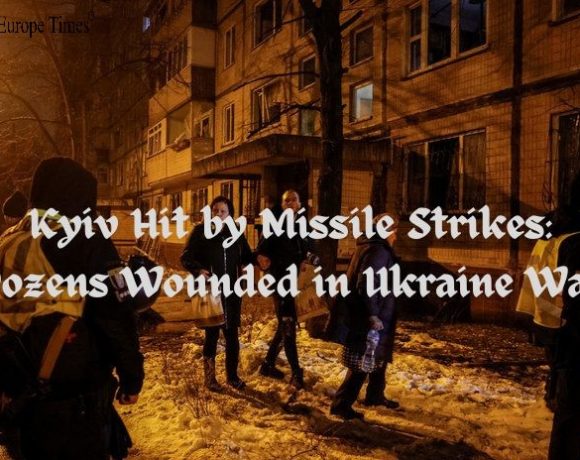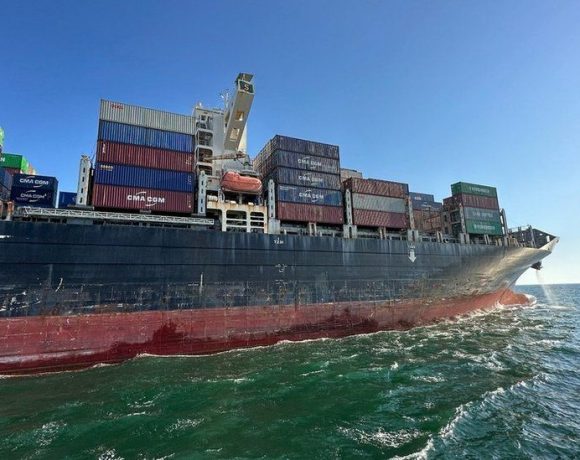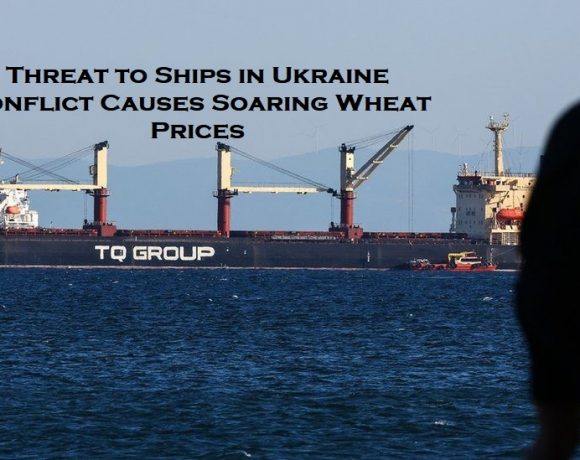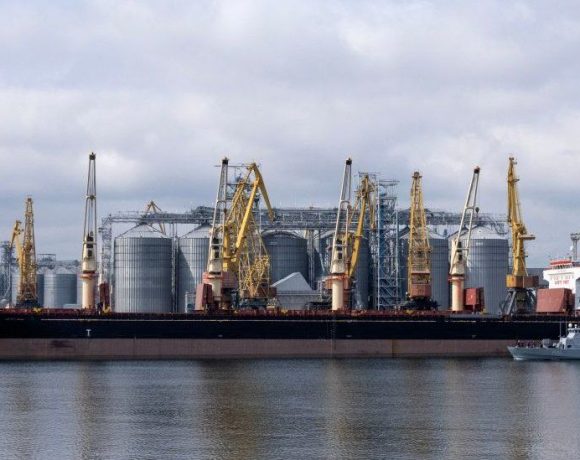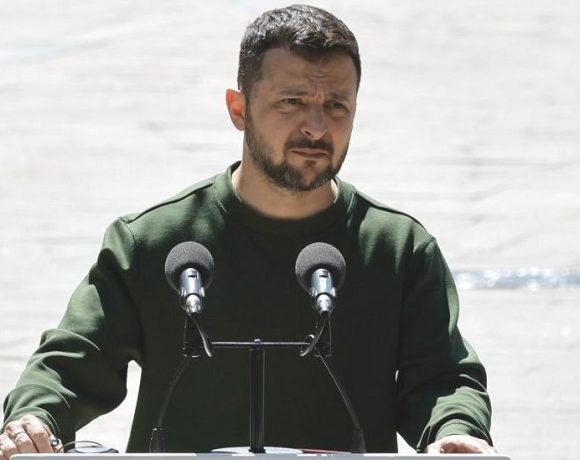
Ukraine’s President Zelensky has expressed concerns over Russia’s offensive tactics amid delays in Western weapon deliveries, particularly from the US, despite a recently approved $61 billion aid package. Zelensky emphasized the urgency of faster deliveries, citing the need for artillery shells and air defense systems to counter Russian aggression.
The situation escalated after a Russian missile strike killed four civilians and wounded dozens in Odesa. Russian forces also claimed the capture of additional villages in eastern Ukraine, heightening tensions along the frontline.
NATO Secretary-General Stoltenberg echoed Zelensky’s sentiments, acknowledging Ukraine’s urgent need for weapons and the detrimental impact of delayed aid on the battlefield. However, he expressed optimism that forthcoming arms deliveries could help bolster Ukraine’s defenses.
Stoltenberg reaffirmed NATO’s support for Ukraine’s eventual membership but downplayed the possibility of an official invitation at the upcoming Washington summit. Meanwhile, Ukrainian forces reported withdrawals from positions in Donetsk amidst intensified Russian attacks.
The dire humanitarian situation was underscored by the harrowing journey of a 98-year-old woman who traversed several kilometers to escape shelling in the eastern village of Ocheretyne. Her ordeal serves as a poignant reminder of the human cost of the conflict.
The long-awaited approval of US military aid offers hope for replenishing Ukraine’s dwindling supplies, which have been stretched thin amid the ongoing conflict. Delays in aid delivery have been attributed to the loss of lives and territory, highlighting the critical need for timely support from Western allies.
Picture Courtesy: Google/images are subject to copyright

